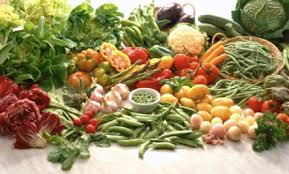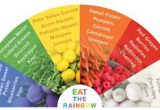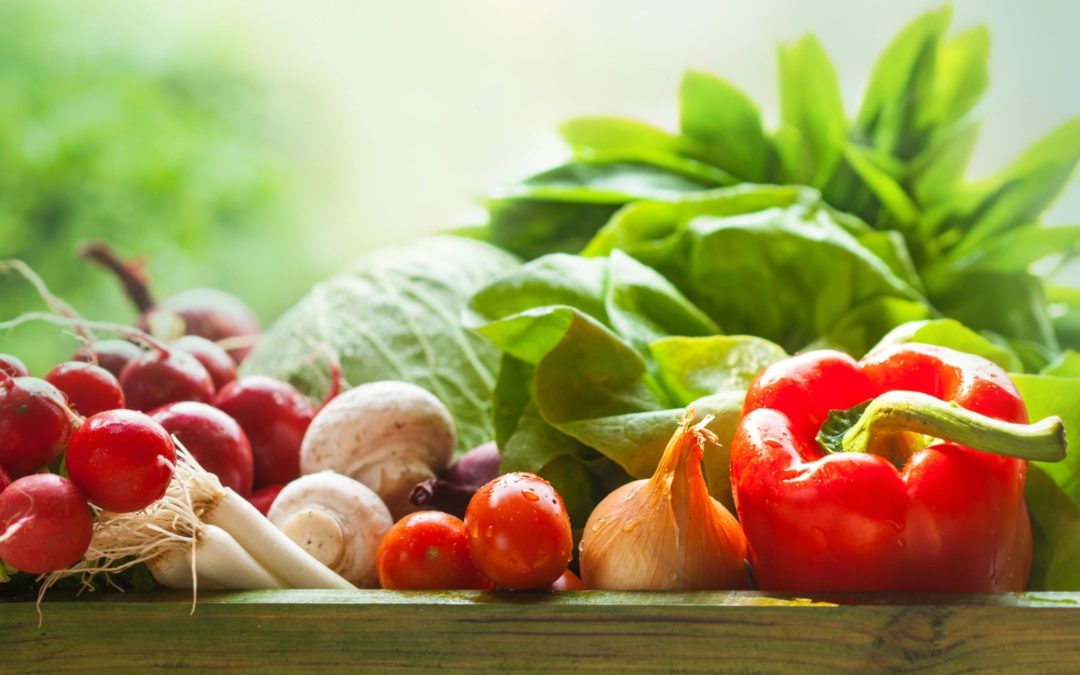As promised, a phytochemical is a naturally occurring plant chemical that protects plants from disease. It’s found in fruits, vegetables, legumes, whole grains and nuts. Evidence also points to phytochemical’s as having disease-fighting properties (e.g., anti-cancer) that also protect humans.  Last week I asked, “Is a phytochemical the same thing as an antioxidant?” Here’s the answer – some phytochemicals are antioxidants (meaning they prevent oxidative damage) but not all are. However, even if a phytochemical is not an antioxidant, it is still beneficial, it just works in a different way than scavenging free radicals. Let me throw out some names of phytochemicals just to make you familiar, but please don’t worry about memorizing them!
Last week I asked, “Is a phytochemical the same thing as an antioxidant?” Here’s the answer – some phytochemicals are antioxidants (meaning they prevent oxidative damage) but not all are. However, even if a phytochemical is not an antioxidant, it is still beneficial, it just works in a different way than scavenging free radicals. Let me throw out some names of phytochemicals just to make you familiar, but please don’t worry about memorizing them!
Phytochemicals:
- Carotenoids
- Flavonoids
- Polyphenols
- Tocotrienols
Possible Ways Phytochemicals May Work:
- Antioxidants effects (scavenge free radicals).
- Effects on cell differentiation (helps a cell when it starts to become different from the original).
- Increases activity of enzymes that detoxify carcinogens.
- Blocks formations of nitrosamines (which are carcinogens).
- Preserves integrity of intracellular matrixes (keeps our cells intact).
- Promotes maintenance of normal DNA repair (when carcinogens alter the cell’s DNA).
- Increases apoptosis (spontaneous death of cancer cells).
- Decreases cell proliferation (cancer cell division).
THEORY – Synergistic Effect
Each fruit, vegetable, whole grain, legume has hundreds of different phytonutrients that work together to increase disease-fighting potential. Research studies that focused on individual antioxidants (or phytonutrients) have shown mixed results & have not proved protective against cancer. Research has not determined a true “why” for this, but it is an area of continuing investigation. There are many possible reasons:
- Perhaps individual components may not work in isolation.
- Perhaps antioxidants and phytonutrients in supplement form simply don’t have the same cancer-protective effects as a diet high in fruits and vegetables.
- Perhaps different forms of the antioxidant not used for the research study are the beneficial part.
- Perhaps the different forms of the antioxidants need each other to work.
- Perhaps there’s an unidentified beneficial compound.
- Perhaps it has something to do with genetics.
*The list goes on!
Take Away Tips:

- Eat a variety of plant-based foods like fruits, vegetables, whole grains, beans/legumes, nuts/seeds, herbs/spices,coffee/tea. The AICR (American Institute for Cancer Research) recommends consuming 4-5 cups of fruits and vegetables daily. Eat the R–A–I–N–B–O–W and include WHITE fruits & vegetables (pears, white peaches, cauliflower, onions, etc.)
- Choose whole foods instead of taking supplements!
Wendy Kaplan, MS, RDN, CSO, CDCES, CDN is a registered nutritionist specializing in oncology and weight management in Long Island and in the New York City area. Connect with Wendy on Facebook, Instagram and Twitter and read more of her blog posts and download recipes at Food4HealthRD.comof her blog posts and download recipes at Food4HealthRD.com


0 Comments